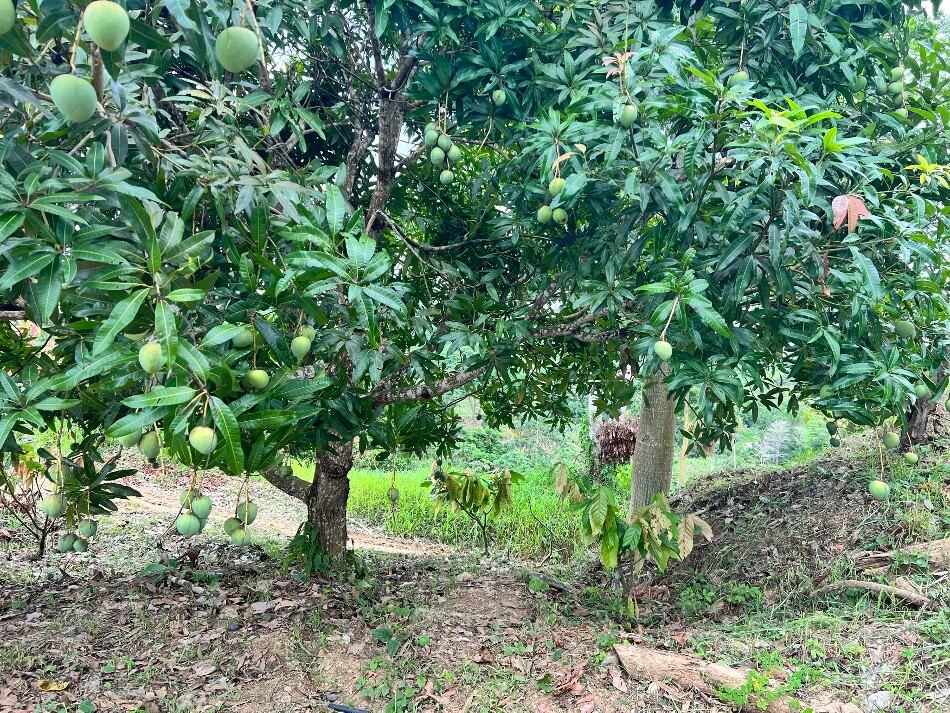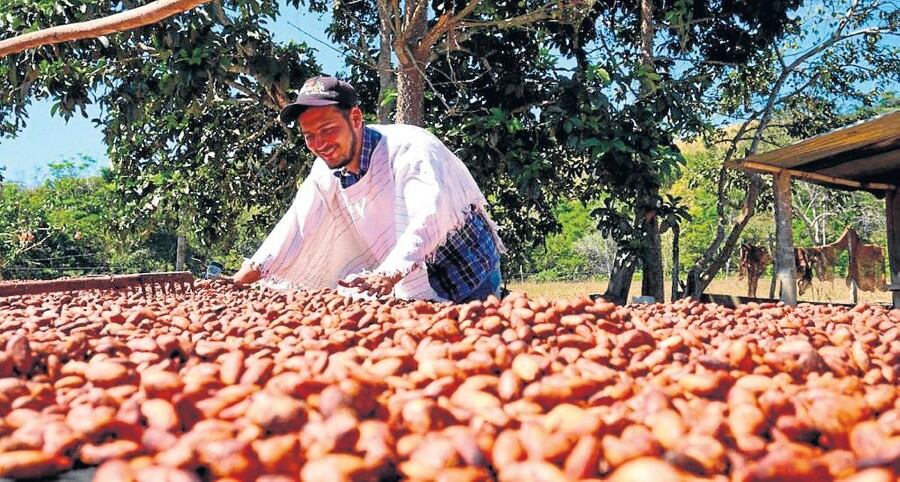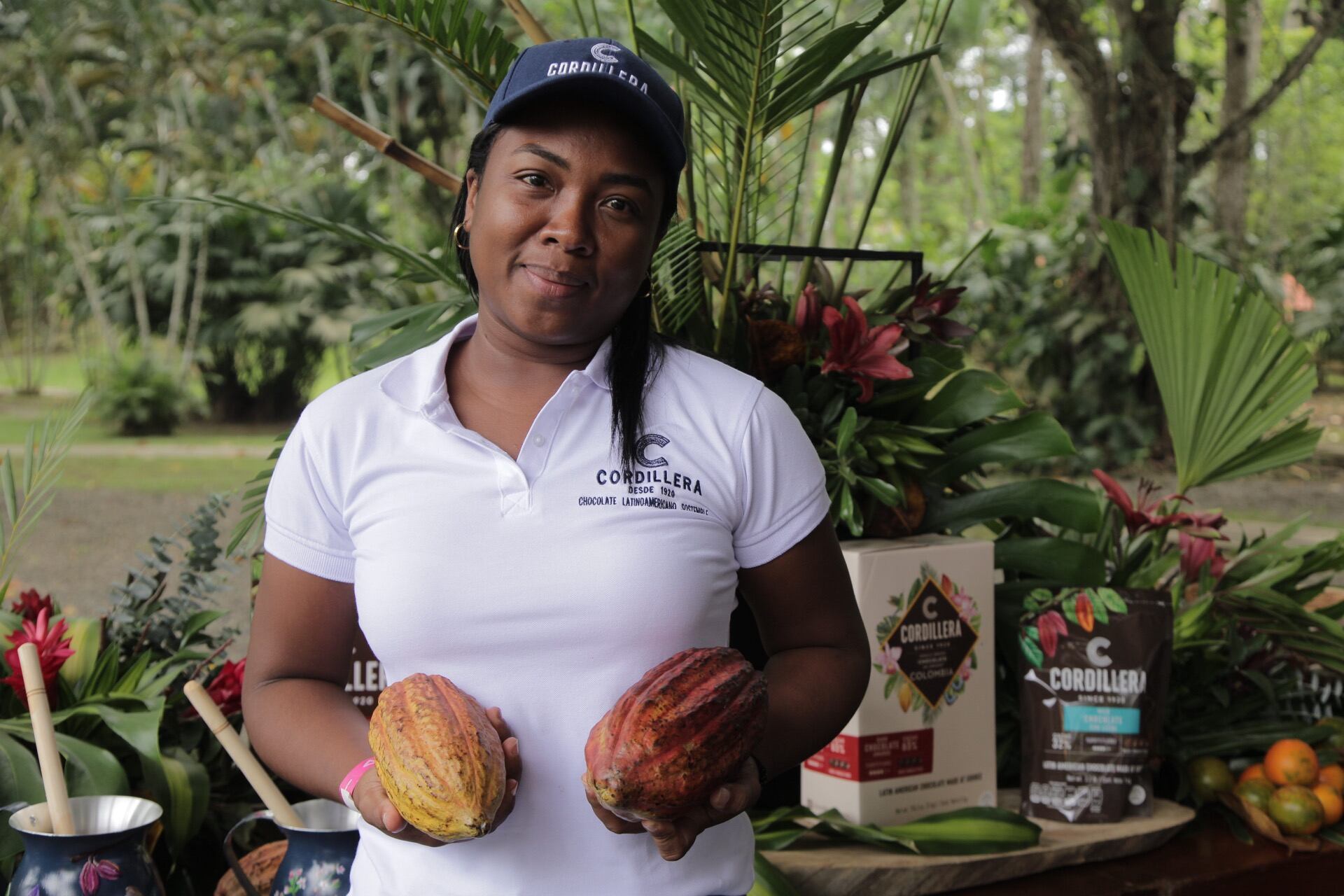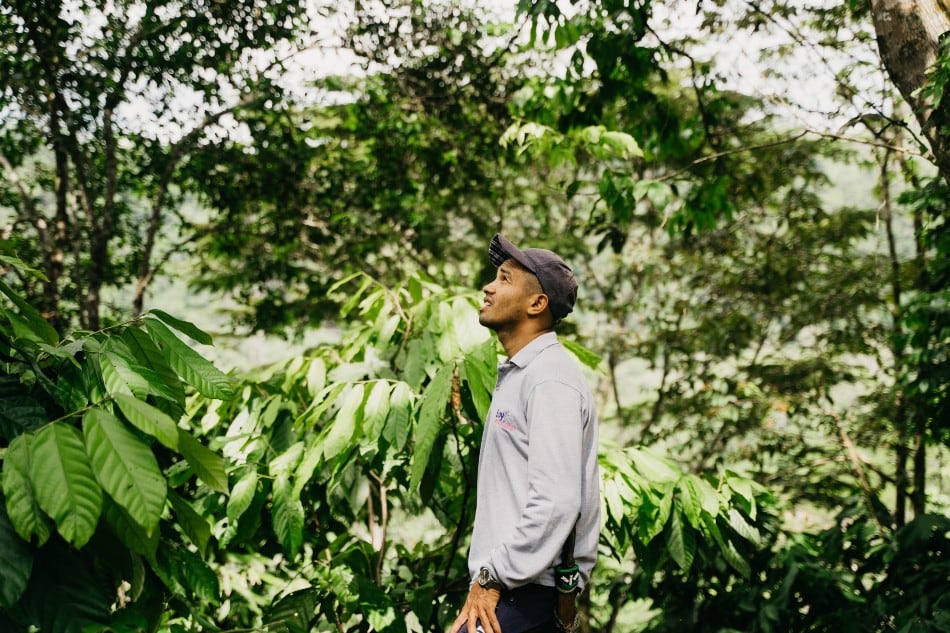The Sustainable Cocoa Innovation Challenge for Colombia said it is seeking cutting-edge solutions to address priority areas within the cocoa industry. These areas include promoting sustainable and ethical sourcing of cocoa, ensuring transparency and traceability in cocoa bean processing, fostering sustainable farming practices, adding value to cocoa products through innovative processing, improving market access, and empowering cocoa farmers.
Its aim is to provide know-how and network to entrepreneurs in Latin America who are working to ensure the cocoa industry contributes to climate change mitigation and peacebuilding.
Applications are open until 31 August 2023 for innovators working on a solution that is applicable to Colombia’s cocoa value chain. The business opportunity is enormous, with Colombia being one of the top 10 cocoa-producing nations, yielding over 69,000 tons of cocoa beans in 2021 alone.
The local demand is robust given the fundamental role of cocoa as a staple food domestically and presents an opportunity for entrepreneurs, business leaders, and innovators to contribute to the development of the sector and embrace sustainable practices, such as agroforestry, which combines cocoa production with tree planting to increase biodiversity, protect soil from erosion, and provide natural shade.
"For us at Rockstart, there are three industries of utmost importance: technology, energy, and agriculture. We believe that in these three industries, there is a tremendous opportunity to transform and solve current societal problems. That's why, after working with hundreds of entrepreneurs in Latin America and various industries, we see a great opportunity in the agriculture sector, specifically in cocoa," said Felipe Santamaria, Managing Director of Rockstart Latam.
Tech platforms
Example solutions include supply chain technologies, food processing and packaging innovations, new sales channels such as online trading platforms, efficient irrigation technologies, fertilizer management practices, circular economy and waste management solutions, farm management software, advisory services, water management, small-scale irrigation systems, and education tech platforms.
"We know that innovations are out there to lower greenhouse gas emissions. What we want is to scale innovations for climate change mitigation that can also drive an increase in incomes and foster peace, which in the case of the Sustainable Cocoa Innovation Challenge, would be along the cocoa value chain in Colombia,” said Augusto Castro, senior scientist and leader of the low-emission food systems research theme at the Alliance of Bioversity International and CIAT and leader of the IKI-SLUS Project in Colombia.
“Our experience under the Sustainable Land Use Project suggests to us that if we can scale such innovations, we can help Colombia become an active player in markets that demand sustainable commodities and meet its sustainable development commitments."
The Sustainable Cocoa Innovation Challenge for Colombia is joint effort between CGIAR research initiatives AgriLAC Resiliente and Mitigate+ and the project “Implementing Sustainable Agricultural and Livestock Systems for Simultaneous Targeting of Forest Conservation for Climate Change Mitigation (REDD+) and Peacebuilding in Colombia,” otherwise known as the IKI-SLUS Project.
Eligible applicants should have a minimum viable product or proof of concept, verified commercial value, and evidence of user or customer validation. The business model must include an inclusive strategy for smallholder farmers, women, and youth.
The innovative solutions should primarily benefit small-scale farmers, food processing companies, small and medium-sized enterprises, consumers, youth, and/or women.
Ventures should be for-profit or social enterprises, locally rooted in Colombia, and demonstrate commercial viability or a clear path to profitability. NGOs, large corporations, and consultants are not eligible. Additionally, applicants should exhibit a diverse, non-discriminatory, gender-balanced culture.
- For more information visit https://colombia.agritechchallenge.org




